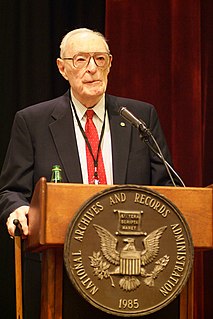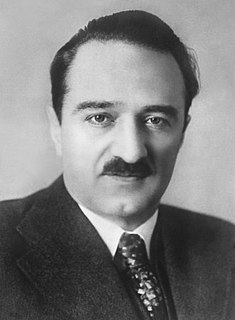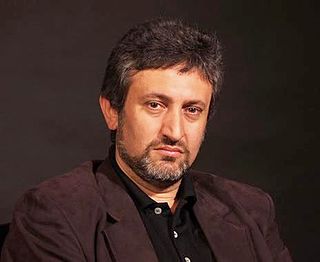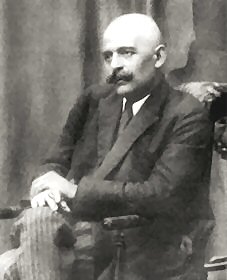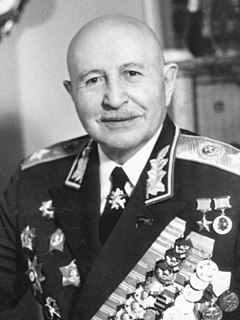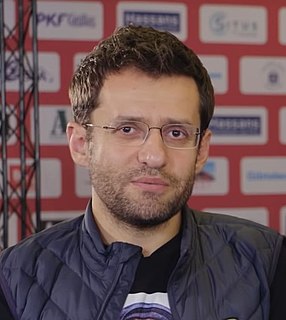A Quote by P.D. Ouspensky
The problem of Eternity, of which the face of the Sphinx speaks, takes us into the realm of the impossible. Even the problem of Time is simple in comparison with the problem of Eternity.
Related Quotes
Even so does he who provides for the short time of this life, but takes no care for all eternity; which is to be wise for a moment, but a fool for ever; and to act as crossly to the reason of things as can be imagined; to regard time as if it were eternity, and to neglect eternity as if it were but a short time.
Eternity isn't some later time. Eternity isn't a long time. Eternity has nothing to do with time. Eternity is that dimension of here and now which thinking and time cuts out. This is it. And if you don't get it here, you won't get it anywhere. And the experience of eternity right here and now is the function of life.
You know how it always is, every new idea, it takes a generation or two until it becomes obvious that there's no real problem. It has not yet become obvious to me that there's no real problem. I cannot define the real problem, therefore I suspect there's no real problem, but I'm not sure there's no real problem.
For the problem of decision-making in our complicated world is not how to get the problem simple enough so that we can all understand it; the problem is how to get our thinking about the problem as complex as humanly possible--and thus approach (we can never match) the complexity of the real world around us.
Clipper took a relatively simple problem, encryption between two phones, and turned it into a much more complex problem, encryption between two phones but that can be decrypted by the government under certain conditions and, by making the problem that complicated, that made it very easy for subtle flaws to slip by unnoticed. I think it demonstrated that this problem is not just a tough public policy problem, but it's also a tough technical problem.
If we want to impact hundreds - or millions - of people, we have to do things differently. If we look at the problem as an infrastructural problem, we cannot make an impact because it requires a lot of effort. But when we convert this problem into a knowledge problem, suddenly the problem is manageable.
Finally, imagine that you've really worked hard on yourself and become a level 10 person. Now, is this same level 5 problem a big problem or a little problem? The answer is that it's no problem. It doesn't even register in your brain as a problem. There's no negative energy around it. It's just a normal occurrence to handle, like brushing your teeth or getting dressed.
Habits of thought lead us to brush aside descriptions of cruelty to animals as emotional, for "animal-lovers only"; or if not that, then anyway the problem is so trivial in comparison to the problems of human beings that no sensible person could give it time and attention. This too is a prejudice - for how can one know that a problem is trivial until one has taken the time to examine its extent?
I see the war problem as an economic problem, a business problem, a cultural problem, an educational problem - everything but a military problem. There's no military solution. There is a business solution - and the sooner we can provide jobs, not with our money, but the United States has to provide the framework.






